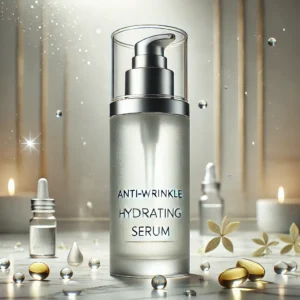The science of organic skin care is that ingredients are taken from natural sources like plants, herbs, minerals etc. and are not synthetic and do not contain synthetic chemicals, preservatives, or additives.

They’re often designed to help maintain the skin’s natural barriers and promote skin health by nourishing, hydrating, and protecting.
Here’s what the science says:
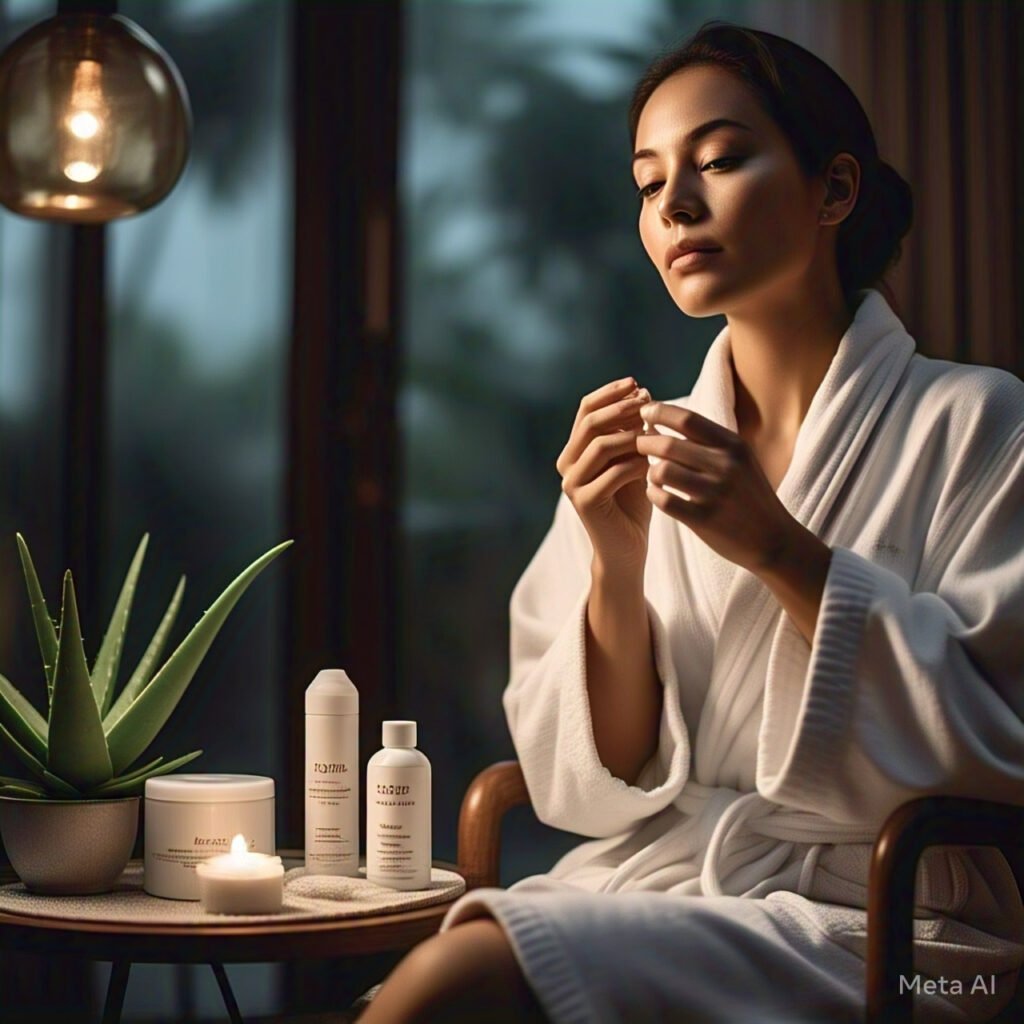
1. Natural Ingredients and Their Benefits:
- Plant-based oils:
- Usually, the organic skin care products contain plant oils like jojoba, argan, or rosehip. These oils are rich in essential fatty acids and antioxidants. They maintain the skin’s moisture barrier, reduce inflammation, and improve skin elasticity.
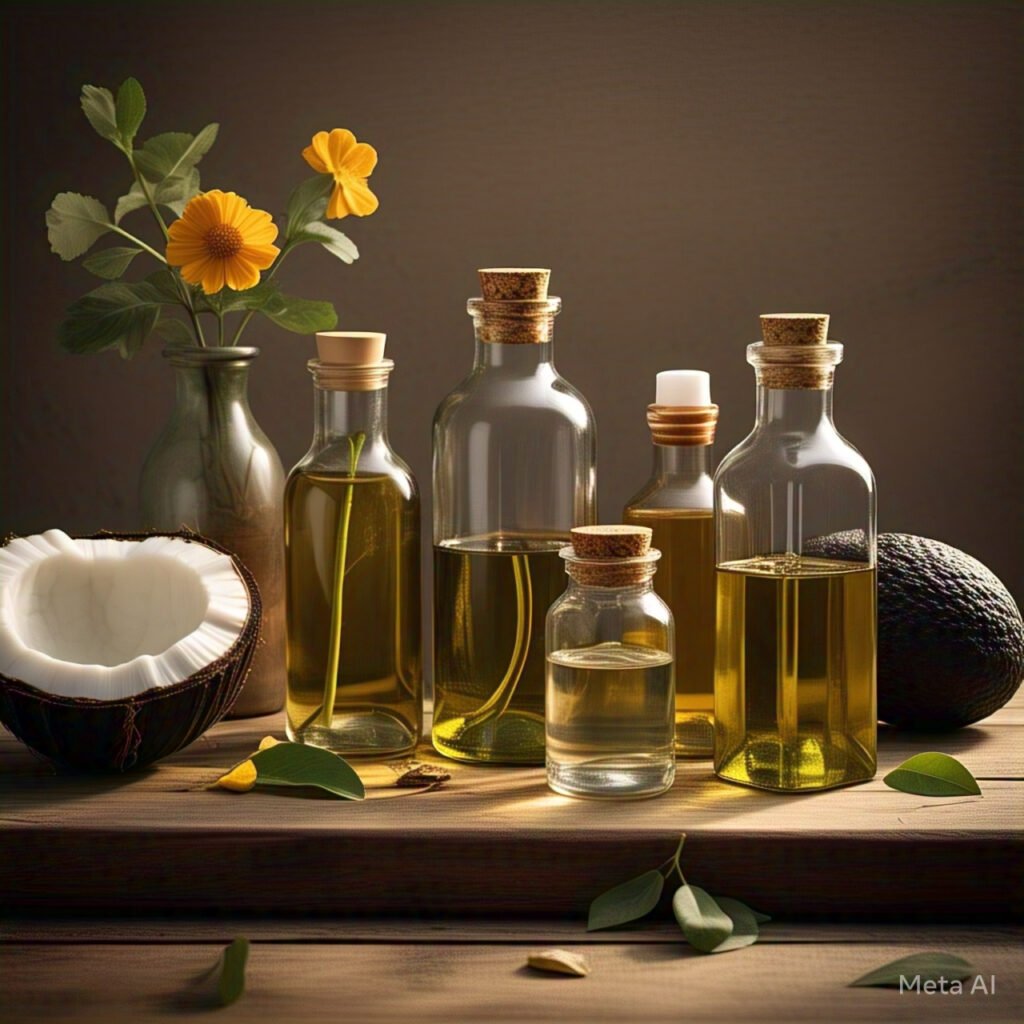
- Herbal extracts:
- These include chamomile, aloe vera, and lavender. These ingredients have anti-inflammatory and soothing properties. They calm irritated skin, reduce redness, and promote healing.
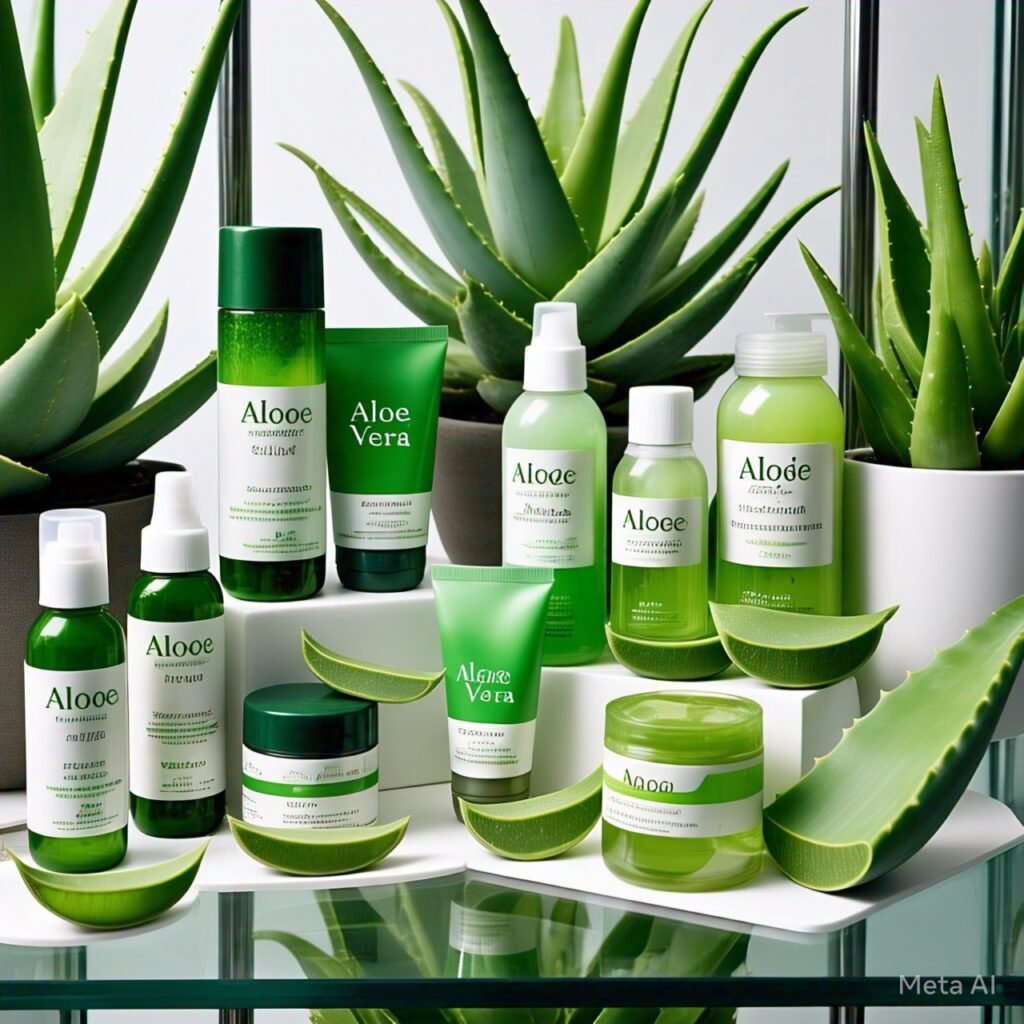

- Vitamins and antioxidants:
- Organic skin care products usually contain vitamins like C and E. These are antioxidants and prevent oxidative stress and UV damage. They reduce fine lines and boost collagen.
- Natural organic skin care products use plants and oils as raw materials, without the addition of illegal chemical substances, artificial perfumes, or preservatives. Usually, these products target the skin and try to heal it by using natural plant materials including herbs, oils, and other extracts. They also use Aloe Vera, coconut oil, tea tree oil, rose hip oil, lavendar, and shea butter.
- Some popular brands are Dr. Hauschka, Tata Harper, Burt’s Bees, and Pai Skin Care, which all specialize in organic skin care. Always check USDA Organic, Ecocert, or Cosmos Organic labels for guarantees on organic standards. Would you like me to assist you with a particular product? It is possible to find many organic products for a specific skin type and needs. Some popular products are listed below and grouped with their main purpose.
- Cleansers:
- Dr. Hauschka Rejuvenating Cleanser – Natural, gentle, balances the skin and leaves it soothingly clean.

2. Absence of Synthetic Chemicals:
Organic products do not contain synthetic chemicals like parabens, sulfates, and phthalates, which can irritate the skin or interfere with the skin’s natural function. The theory is that natural, plant-based compounds are less likely to cause negative reactions, so they’re good for sensitive skin.

3. Supporting Skin’s Natural Functions:
Organic skin care products support the skin’s natural processes, like its ability to renew itself. Ingredients like hyaluronic acid (a naturally occurring substance in the body) help with hydration by attracting and retaining moisture in the skin. It also helps improve skin elasticity and plumpness.

4. Microbiome Balance:
Organic skincare respects your skin’s microbiome. The skin contains a complex network of microorganisms called the skin microbiome, which help protect the skin. By avoiding harsh chemicals that can disrupt the skin’s microbiome, organic skin care allows for healthier, more resilient skin..
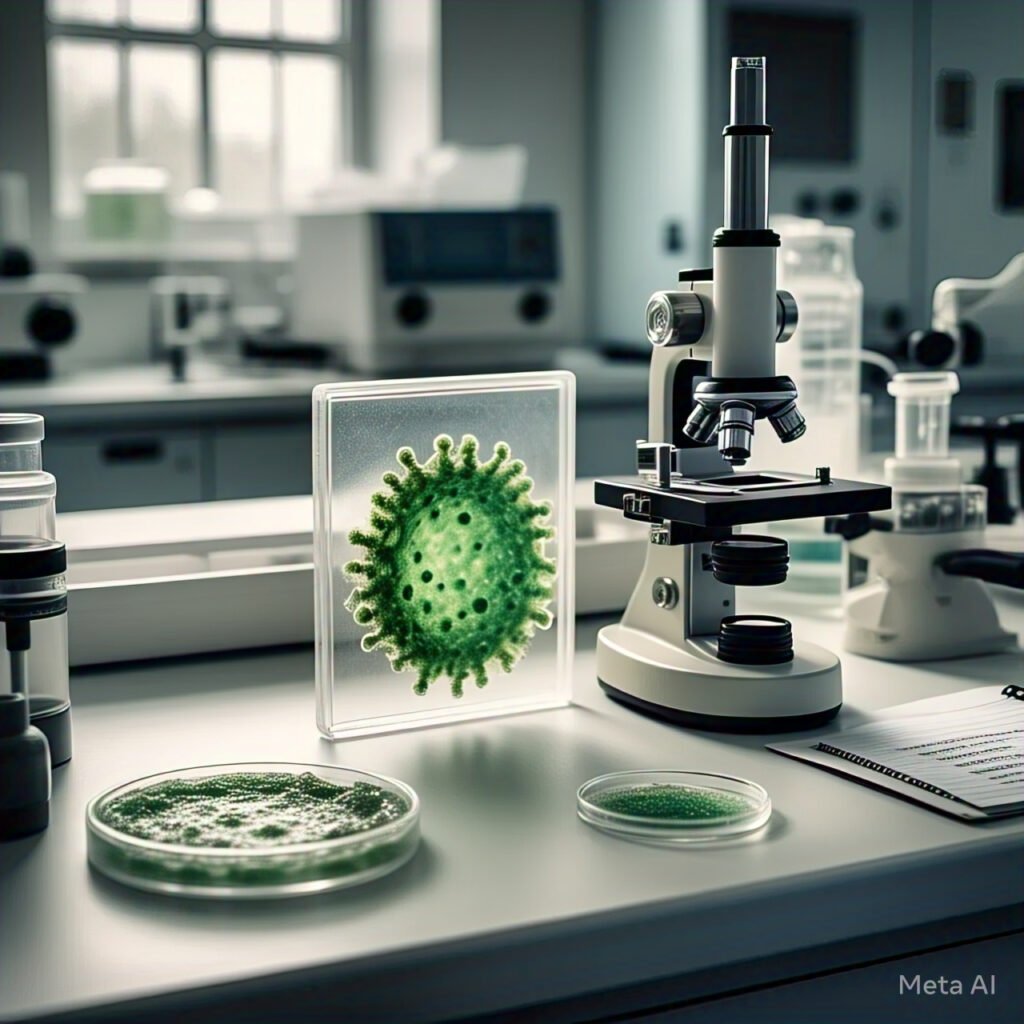
5. Gentler and Biodegradable:
Organic skin care is usually more environmentally friendly as it uses biodegradable ingredients that are less likely to pollute the environment when washed off the skin. This is in line with the sustainable and eco-conscious nature of organic products.

6. Fewer Irritants and Allergens:
Organic skin care products are also generally made with fewer allergens. Many synthetic additives can cause allergies, so using organic ingredients can minimize the risk of irritation or reactions in those with sensitive or allergy-prone skin.

In essence, the science behind organic skin care is using pure, natural ingredients that nourish and protect the skin without introducing harmful chemicals. Skin health through simplicity, sustainability, and ingredient transparent.
It has so many benefits,it increases the shining.
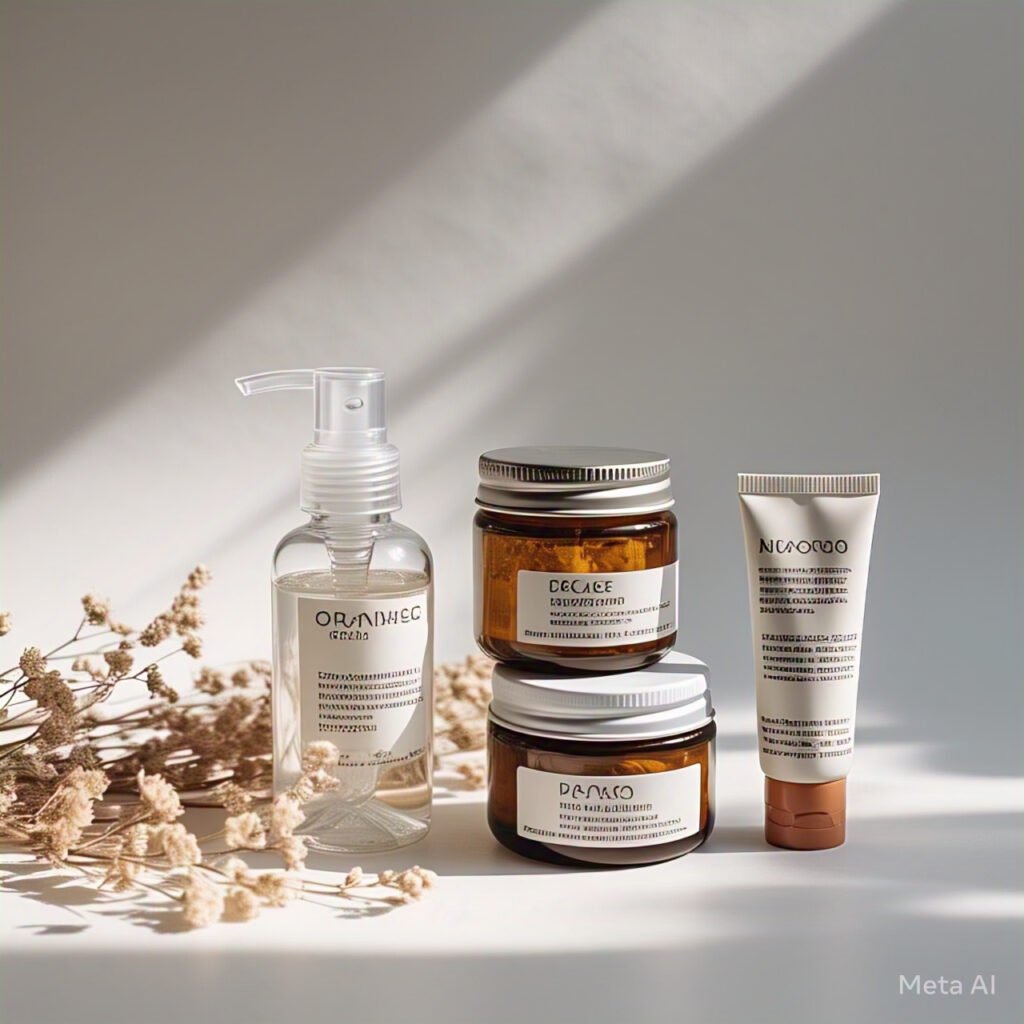
Organic skin care contains ingredients derived from natural sources that are usually grown without synthetic chemicals, pesticides, or fertilizers. They focus on sustainability, environmental responsibility, and plant-based ingredients to nourish and protect the skin. Organic skin care is popular because people are more aware of the potential harms of synthetic chemicals in conventional skin care products.
Here are some key features of organic skincare:

1. Ingredients:Organic skincare products use ingredients sourced from nature, such as:
Plant oils (e.g., argan oil, jojoba oil, coconut oil)Herbal extracts (e.g., aloe vera, chamomile, lavender)Essential oils (e.g., tea tree oil, rose oil, eucalyptus oil)Butters (e.g., shea butter, cocoa butter)Flower waters (e.g., rose water, lavender water)These ingredients also often contain nutrients like vitamins, antioxidants, and fatty acids that can improve skin health, hydration, and appearance.
.
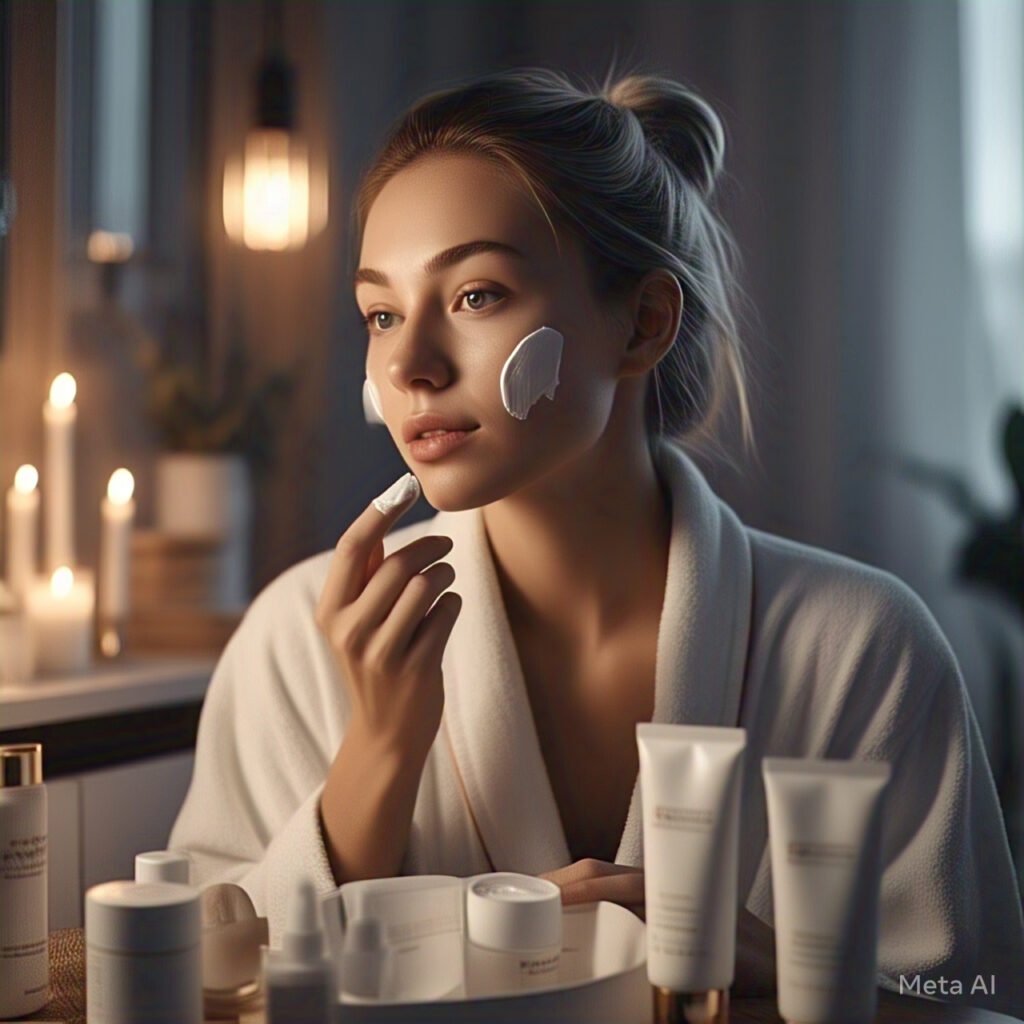
2. No Synthetic Chemicals:
Organic skin care does not contain ingredients that are synthetic or do any harm to the skin. These include:Parabens (used as preservatives)Sulfates (found in many cleansers for lathering)Phthalates (used to stabilize fragrances)Artificial fragrances and Dyes because they don’t contain these chemicals, organic skin care products are less likely to irritate sensitive skin or cause allergic reactions.

3. Environmental Impact:
Organic skin care is often produced using sustainable methods. This includes:Sustainable farming practices that do not utilize harmful pesticides and Fertilizers eco-friendly packaging, like glass, aluminum, or recyclable plastic.Cruelty-free, meaning no animal testing during the product development Process this way the environmental footprint of the organic skincare is minimized.

Skincare is the process of caring for your skin, so it stays healthy, hydrated, and protected from damage. Different people have different routines and use different products, depending on their skin type and concerns. A typical skin care routine includes:Cleansing:
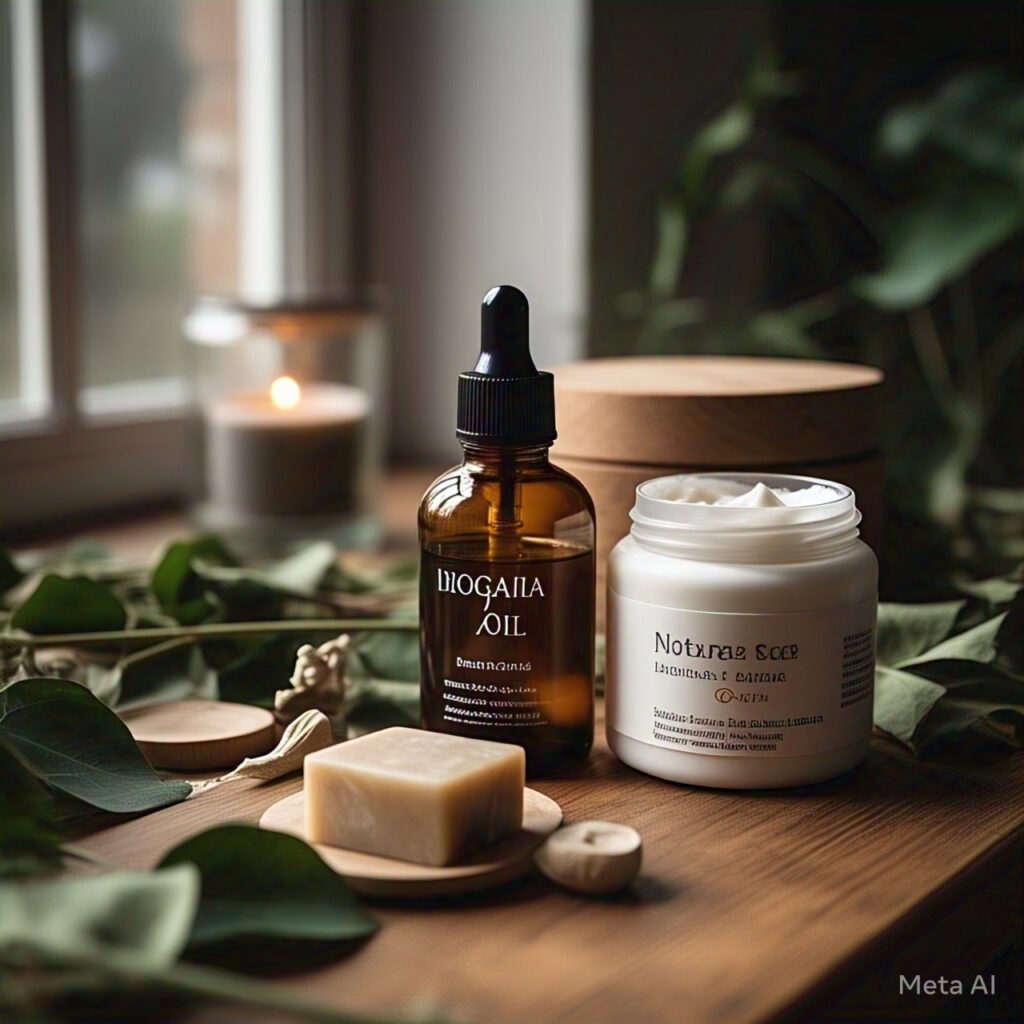
To remove dirt, oil, and impurities from the skin.Toning: to even out the skin’s pH and prepare it for other Product serums: Concentrat
ed formulas for targeted skin concerns (e. g., acne, dark spots, aging).Moisturizing: To hydrate the skin and lock in moisture.Sunscreen:
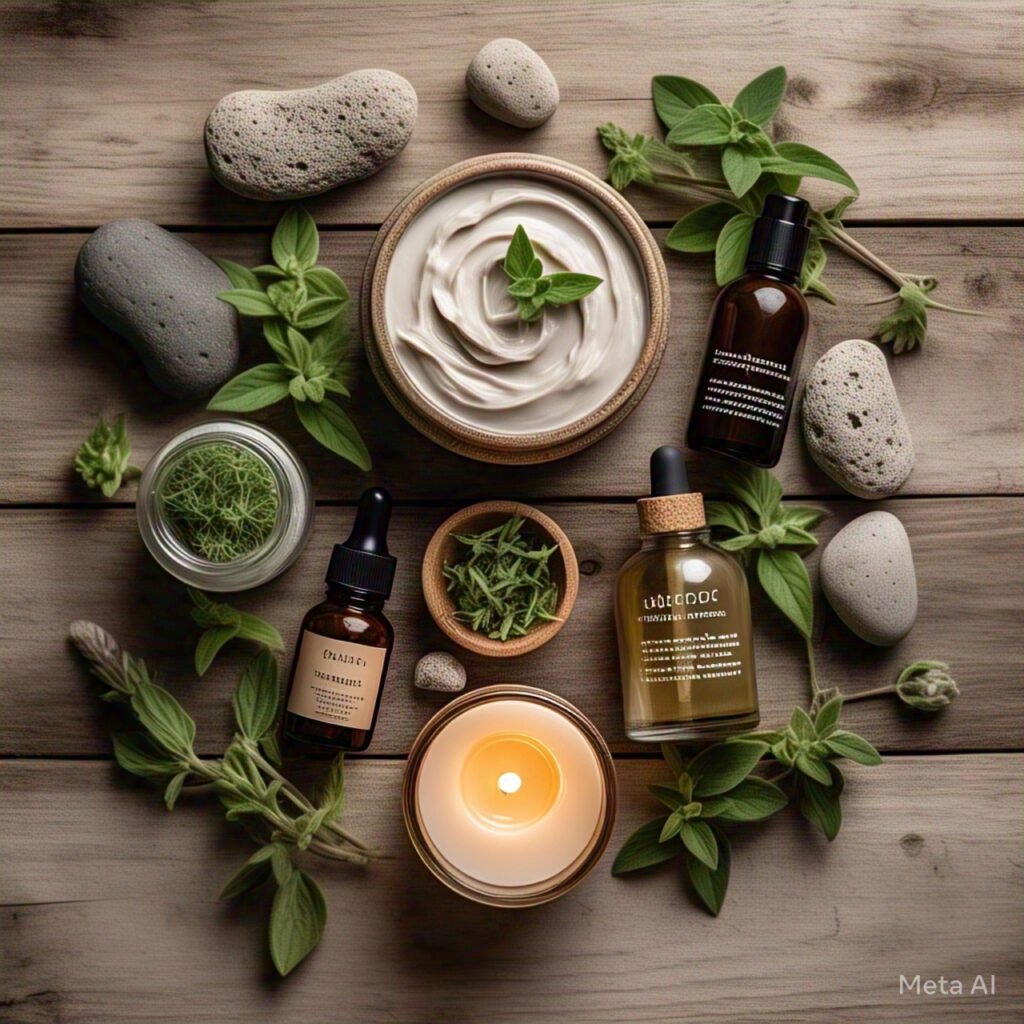
Use to block UV rays to prevent aging and skin Cancer ask a question – Is there something you’ve always wanted to know about skincare? Or are you looking for recommendations for your skin type.

